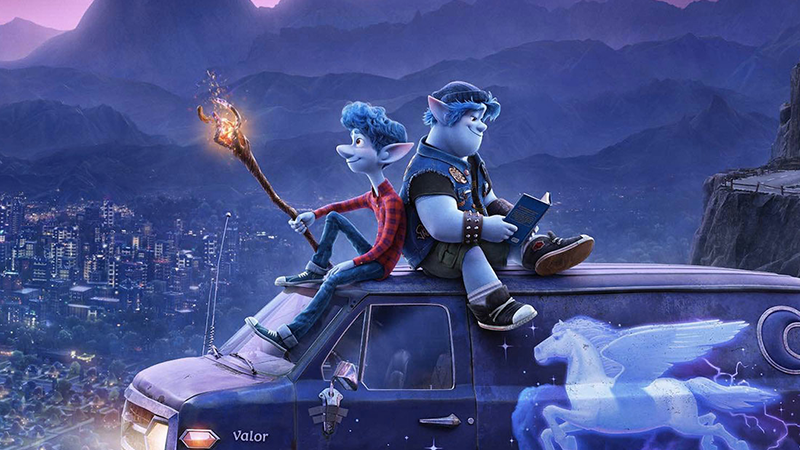You’ve probably heard the criticism of Silicon Valley, ‘the only problems they’re interested in solving are their own.’ Like, each new startup and app and service there is is there to cater to the needs of a affluent young professional working in San Francisco (and successful expansion is only ever achieved by trampling workers rights.) The robot pizza van company can get millions of dollars in funding because of that fractional time saving, but outside of the bubble it made a difference to nobody’s life — it also recently stopped both selling pizza and operating its vans, now they just produce food packaging.
I’m sure Pixar is a very nice place to work, y’know, if you’re a certain kinda person, if you fit into their certain type of culture. I’ve seen pictures of what their offices look like. They look like every modern office that’s a ‘fun place to work’ and I’m pretty sure that’s just because everyone else copied them. There are movies of theirs I like and movies of theirs I don’t, but is it alright for me to feel suspicious of any story they deem worthy of telling?
They’ve so evidently staked out their place as the makers of movies that make you cry, and their filmmakers are clearly trying to be as honest as they can in doing so, but they are always going to be filmmakers who work for Pixar. Maybe it’s just because this movie didn’t hit me like others did, maybe because I didn’t get the chance to see an early showing with kids in the house, maybe because of the movie’s own ham-fistedness; but I couldn’t help think, this is the trauma of someone who ain’t suffered much.
That’s gotta be awful right? The capitalist mindset got me poisoned, thinking that every expression of ourselves is a transaction, but here it feels deliberate. What was lost in the bargain for ‘gay rights’? What was gained in the bargain for ‘cop rights’? I’m not thinking that there was a meeting where Disney execs traded scene for scene, I’m just wondering what parts of themselves the filmmakers sacrificed in choosing the paths they did. I guess they all do, or did, or something. I might just be allergic to liberalism.
Like, Chris Pratt’s character is introduced in a way that explicitly makes fun of radical praxis, of all the work that organisers are doing to protect sacred spaces. And it resolves it by producing conclusive proof that he was right, that he was preserving something tangible, something that bourgeois society could not deny.
When has that ever been reflected in reality? Overcoming personal demons is great, but what does that even mean in a world so alienated from the political reality of our own? Are these movies just teaching us to accept what is handed down to us, and that reality is alterable only within defined parameters?
I don’t like this film. I don’t think I can trust it.

Leave a comment